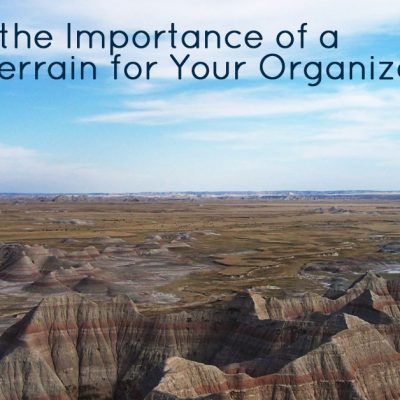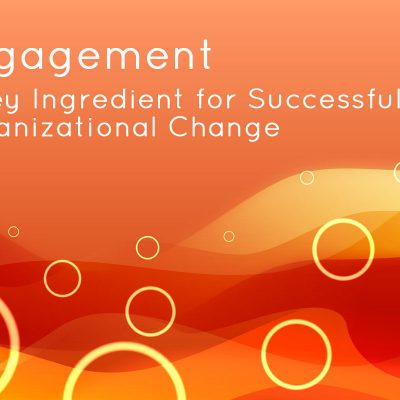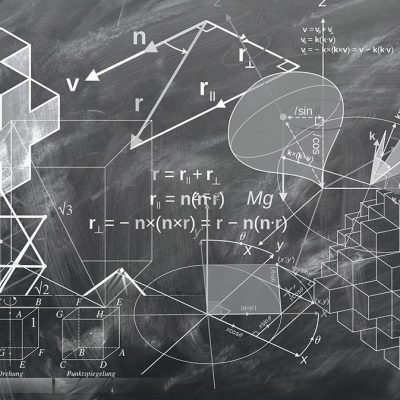 Our clients who contact us for help in resolving a conflict in their organization agree that different cultures are involved in the conflict. One leader quickly pointed out the different cultural backgrounds of the people on the team. Another leader pointed out that the cultural difference that was making it difficult to resolve the conflict was that the people from the different generations involved were definitely a cross cultural mix by generation. Someone else pointed out the different cultures between the managers and the front line. The best conflict resolution approach must take into account the cross cultural mix.
Our clients who contact us for help in resolving a conflict in their organization agree that different cultures are involved in the conflict. One leader quickly pointed out the different cultural backgrounds of the people on the team. Another leader pointed out that the cultural difference that was making it difficult to resolve the conflict was that the people from the different generations involved were definitely a cross cultural mix by generation. Someone else pointed out the different cultures between the managers and the front line. The best conflict resolution approach must take into account the cross cultural mix.
Today, all organizations and the people within them are experiencing more rapid change than ever before. Hand in hand with change is the certainty of conflict. People handle the stress that accompanies change differently, at different speeds, and with different coping mechanisms. This contributes to conflict. Conflict uses up individual, group and organizational energy, taking this energy away from constructive and productive relationships and work.
Natural Conflict Resolution
A great deal of conflict can be solved without any need for a conflict resolution meeting. Sometimes prior positive relationships that historically work their way through conflict are the key ingredient that breaks through the present conflict. At other times something bigger and more important arises and minimizes the focus on the conflict. These are naturally occurring means of resolving conflict.
Conflict Resolution Meetings
However, there are also situations of conflict that benefit from a conflict resolution meeting. There are many forms of meetings for working with conflict. Mediation and negotiation are two forms of working with conflict. Sometimes they work to solve conflict. At other times, they work towards an agreement or a compromise but the conflict itself remains quite alive, often under the surface, only to erupt again at a later time. Possibly you have examples of your own, from life or something you have seen in a movie. The mediation resulted in a forced agreement. The conflict remains and may even feel stronger.
Cross Cultural Conflict Resolution
When we facilitate a Cross Cultural Conflict Resolution meeting we make sure that it is designed to create the conditions for the people involved in the conflict to really solve the conflict. The word ‘resolve’ is handled as ‘re-solve’. In developing this approach to conflict resolution, we didn’t focus on the differences of people. Rather, we follow the philosophy that deep within all persons, no matter the diversity, are some things that are the same, universally. One important source for us to work from was the seminal work of the late Dr. Angeles Arrien who studied aspects that were universally the same in all indigenous cultures on the planet. We assume that all of us have roots in an indigenous culture. We use her findings to ensure that the Cross Cultural Conflict Resolution process that we developed works with these aspects, thereby reaching all people, no matter the culture.
Although people engaged in conflict have some things that are universally the same, the individuals involved are usually stuck in one perspective. Think back to a time that you were personally involved in conflict. If you are honest with yourself, would you agree that you got yourself stuck in a perspective? Imagine what it would have taken to get past the conflict, to resolve it? Probably, you wanted to be treated as a whole person, in a genuine way, with the right to have your perspective heard and understood.
Cross Cultural Conflict Resolution is a practical, holistic meeting process for working through conflict. Every person involved is treated as a whole person, in a genuine way, with the opportunity to be heard and understood. At some point in the process, a meeting takes place with all of the people involved. However, before the meeting, individuals receive individual preparation for their involvement with the conflict resolution meeting. When the people come together in the meeting, they are in a more ready state to listen to each other. The facilitated Cross Cultural Conflict Resolution meeting creates the conditions for people to genuinely communicate—to speak and to listen to each other. The facilitator guides the meeting toward creative problem solving. By the time the meeting has progressed to creative problem solving, people are working together. The focus shifts away from the conflict and towards finding solutions. Once a solution is agreed upon, agreements, including any contingency plans are signed.
When you read this, did you put yourself into the picture? Would a Cross Cultural Conflict Resolution approach and process be useful to you?









How Do You Reconcile Two Conflicting Cultures? – Pietroortolani
[…] Cross Cultural Conflict Resolution is a practical, holistic meeting process for working through conflict. Every person involved is treated as a whole person, in a genuine way, with the opportunity to be heard and understood. At some point in the process, a meeting takes place with all of the people involved. via […]